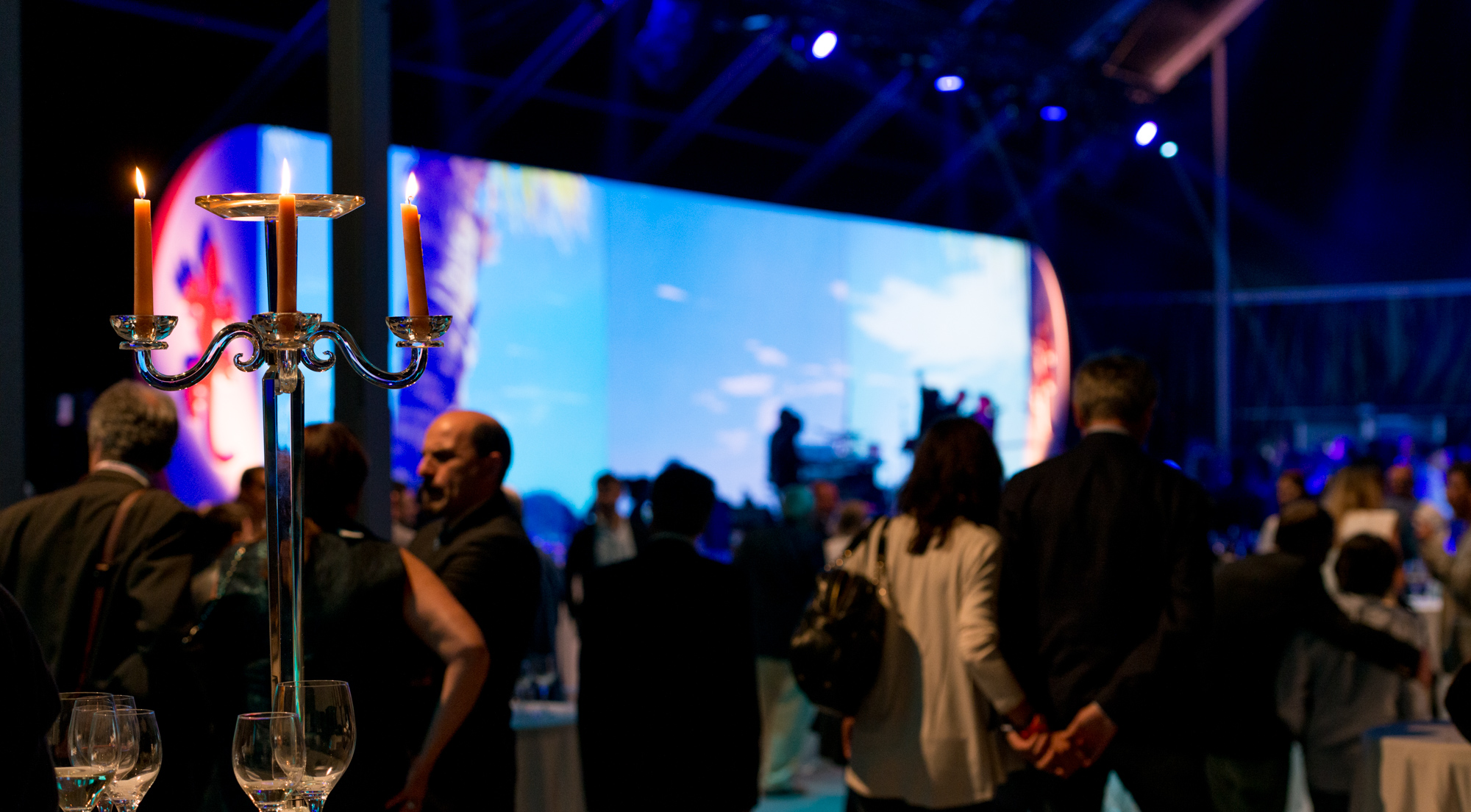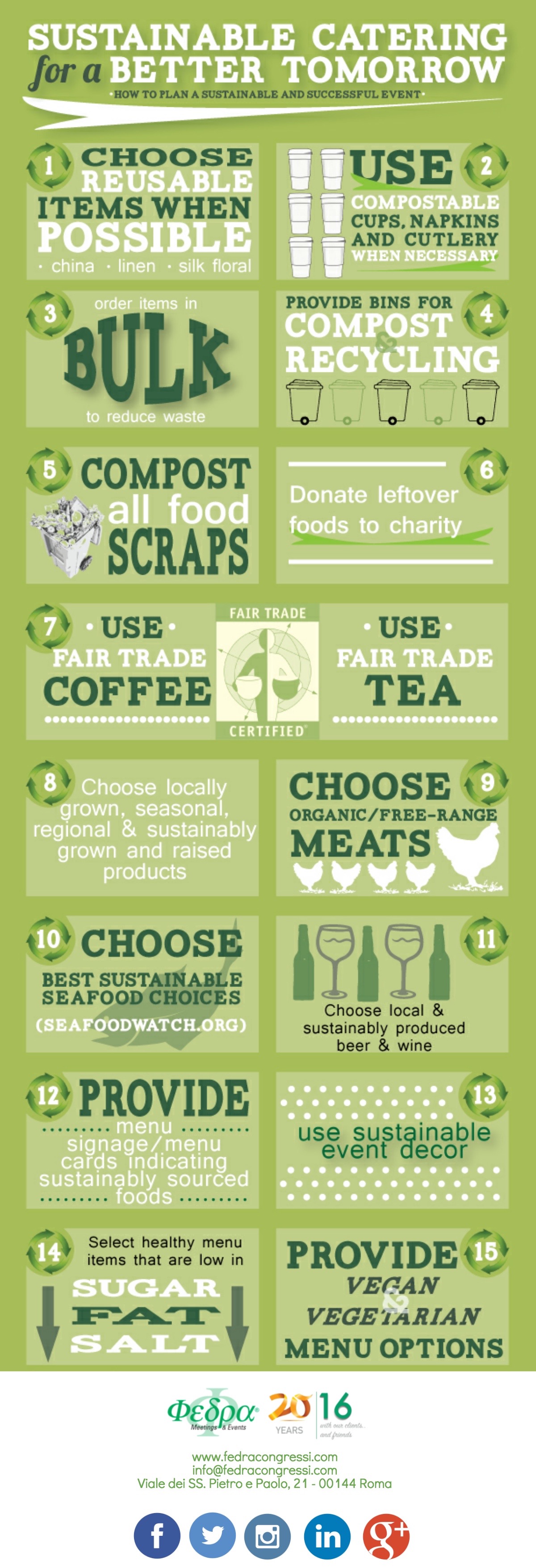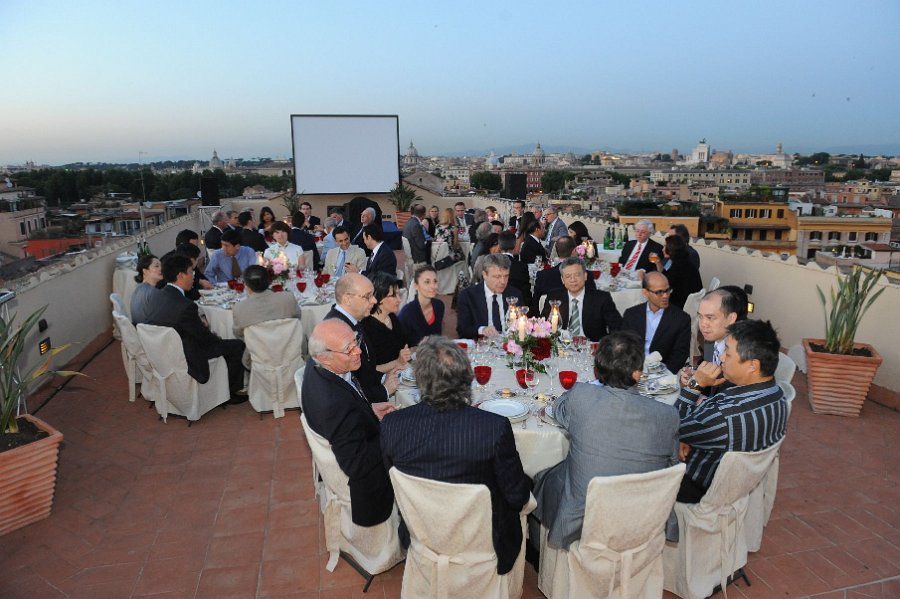When the balance is tipped towards online rather than face-to-face networking, and we step out of the bubble, it can all feel a little strange. The screen we sit behind is the ultimate shield, it protects us and from behind it we can be more confident to approach or instigate contact knowing that an online rejection is less visible to others.
Don’t lose this assurance when you set out face to face, remember that others are there for the same reasons you are, to network, explore new opportunities and develop relationships. You’d be happy to engage with the person online, so do it face to face too.
So, you’re open to meeting anyone and everyone at the event, you’re happy to make the first move, but how to ensure a positive, enriching conversation? When networking online you might write or share articles to develop relationships, perhaps sending something you think would be of interest to a specific contact.
Your online content can assist to position yourself as someone with a worthwhile opinion, so make sure you are as prepared to do this face to face. Have some relevant stories to share, and introduce when the time feels right.
Although of course online networking is two way, a conversation of two or more with each party having a chance to share and have their say. Online etiquette dictates that whilst it is great to share content, it is also good to engage with what others are putting out there. Take these principles to your face-to-face networking events, talking is great but listening is key.
Face-to-face networking isn’t that different to online networking; the most difficult part is often pulling open the doors to that spin class to be greeted with 20 expectant faces looking back at you, you imagine them questioning your fitness, your ability to perform.
Well now you can look each and every person in the eye with a confidence that comes from knowing you have all the networking skills you need.











